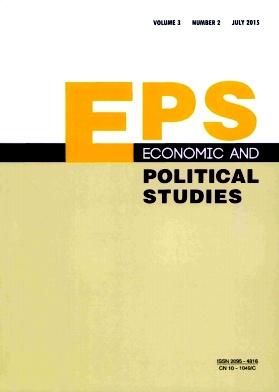Declaring income versus declaring taxes in tax compliance experiments: Does the design of laboratory experiments affect the results?
IF 2
4区 社会学
Q2 SOCIAL SCIENCES, INTERDISCIPLINARY
引用次数: 1
Abstract
Abstract Laboratory experiments are frequently criticised, in part because of the sensitivity of the results to specific features of the design. This paper addresses an important question regarding the key aspect of the experimental environment: How should the dependent variable – participants’ choices – be operationalised? For the specific context of laboratory research on income tax compliance, we compare the effects of the two most common operationalisation types: the declaration of gross income versus the declaration of tax payment. It is found that compliance is higher when participants indicate their tax payment than when they declare their income. It is also discovered that the effects of the three policy parameters of the economic model (the tax rate, audit probability and fine rate) are stronger when participants declare their taxes than when they declare their income. These results are relevant for interpreting prior and future experimental evidence on tax compliance and can explain some contradictory previous findings. More broadly, this study suggests that the results of laboratory experiments may depend on specific features of the experimental design, which proposes a strong need for more systematic methodological research.纳税遵从性实验中申报收入与申报税收:实验室实验的设计会影响结果吗?
摘要实验室实验经常受到批评,部分原因是结果对设计的特定特征敏感。本文解决了一个关于实验环境关键方面的重要问题:因变量——参与者的选择——应该如何操作?对于所得税合规性实验室研究的具体背景,我们比较了两种最常见的操作类型的影响:总收入申报和纳税申报。研究发现,与申报收入时相比,参与者表明纳税时的合规性更高。研究还发现,当参与者申报税款时,经济模型的三个政策参数(税率、审计概率和罚款率)的影响比他们申报收入时更强。这些结果与解释先前和未来关于税收合规性的实验证据相关,并可以解释先前一些相互矛盾的发现。更广泛地说,这项研究表明,实验室实验的结果可能取决于实验设计的特定特征,这提出了更系统的方法研究的强烈需求。
本文章由计算机程序翻译,如有差异,请以英文原文为准。
求助全文
约1分钟内获得全文
求助全文
来源期刊

Economic and Political Studies-EPS
SOCIAL SCIENCES, INTERDISCIPLINARY-
CiteScore
5.60
自引率
4.20%
发文量
29
 求助内容:
求助内容: 应助结果提醒方式:
应助结果提醒方式:


